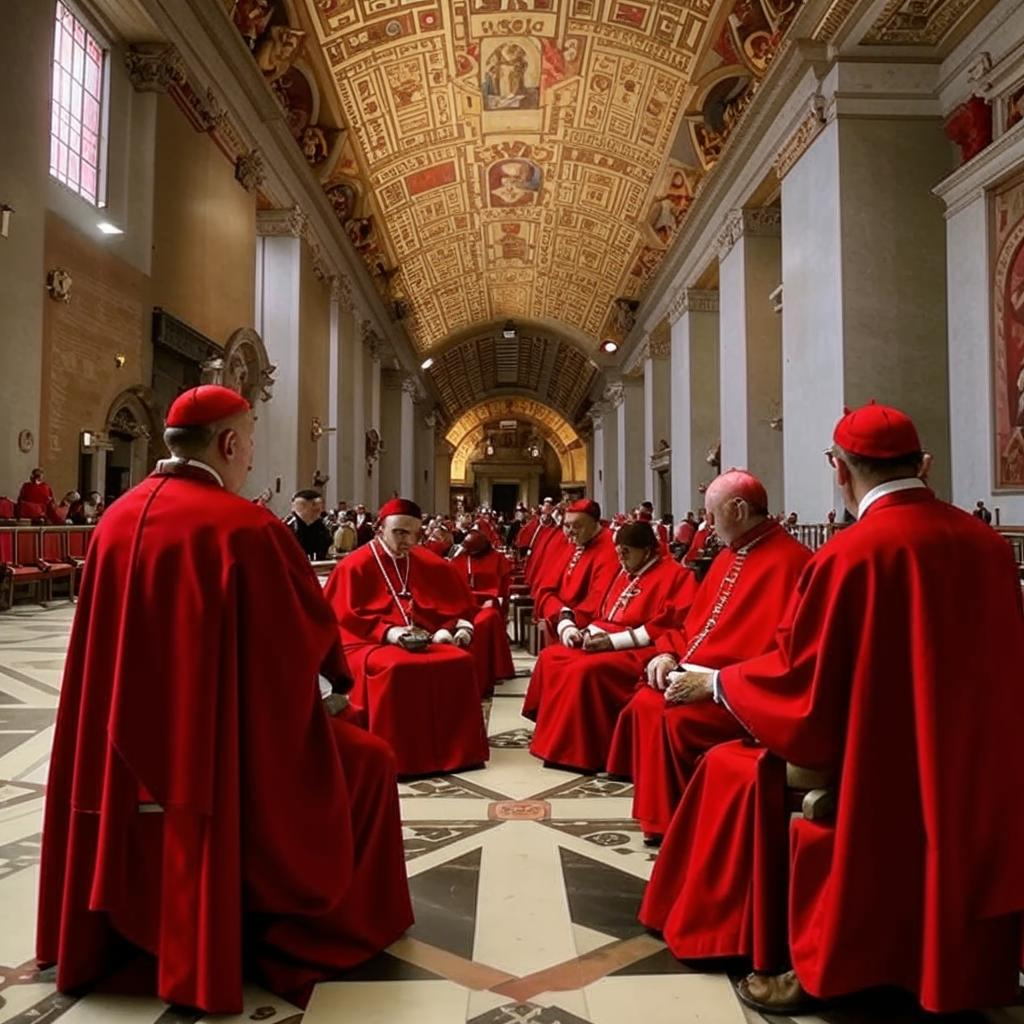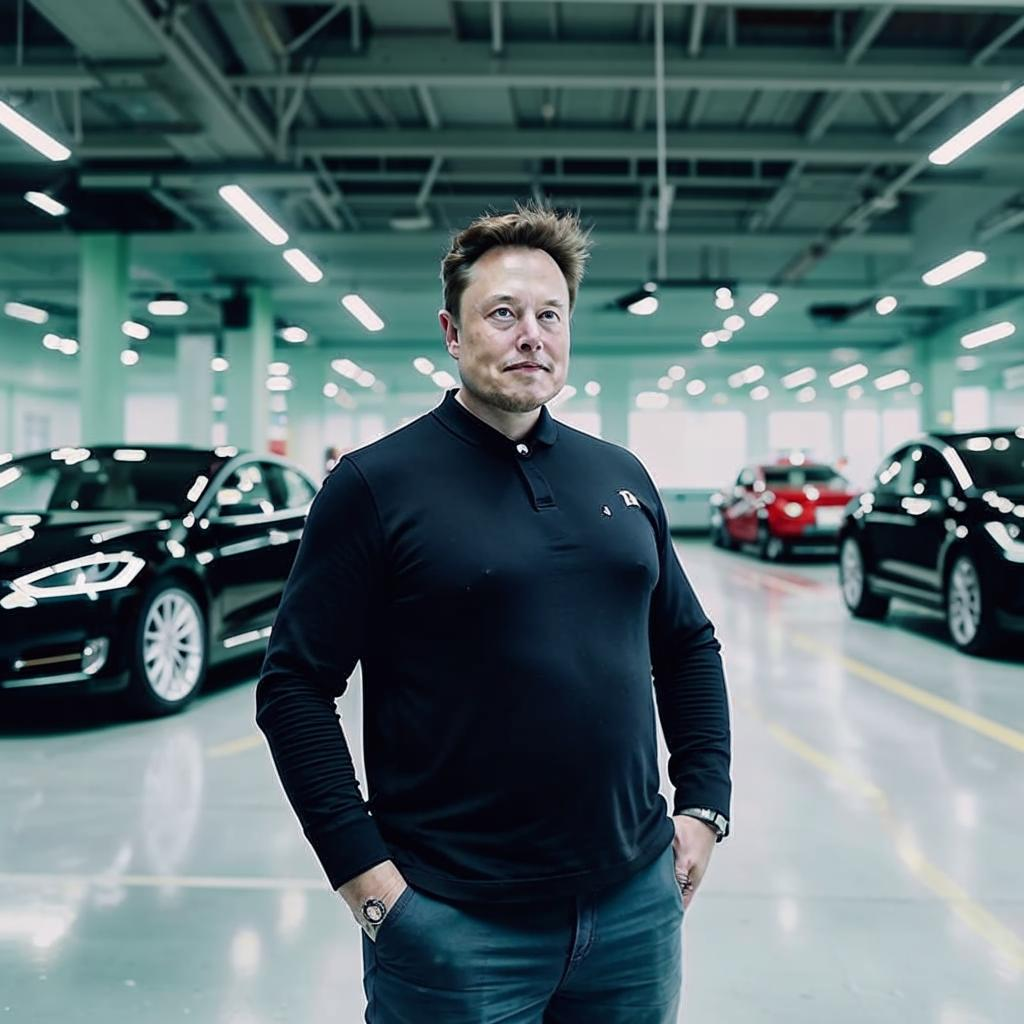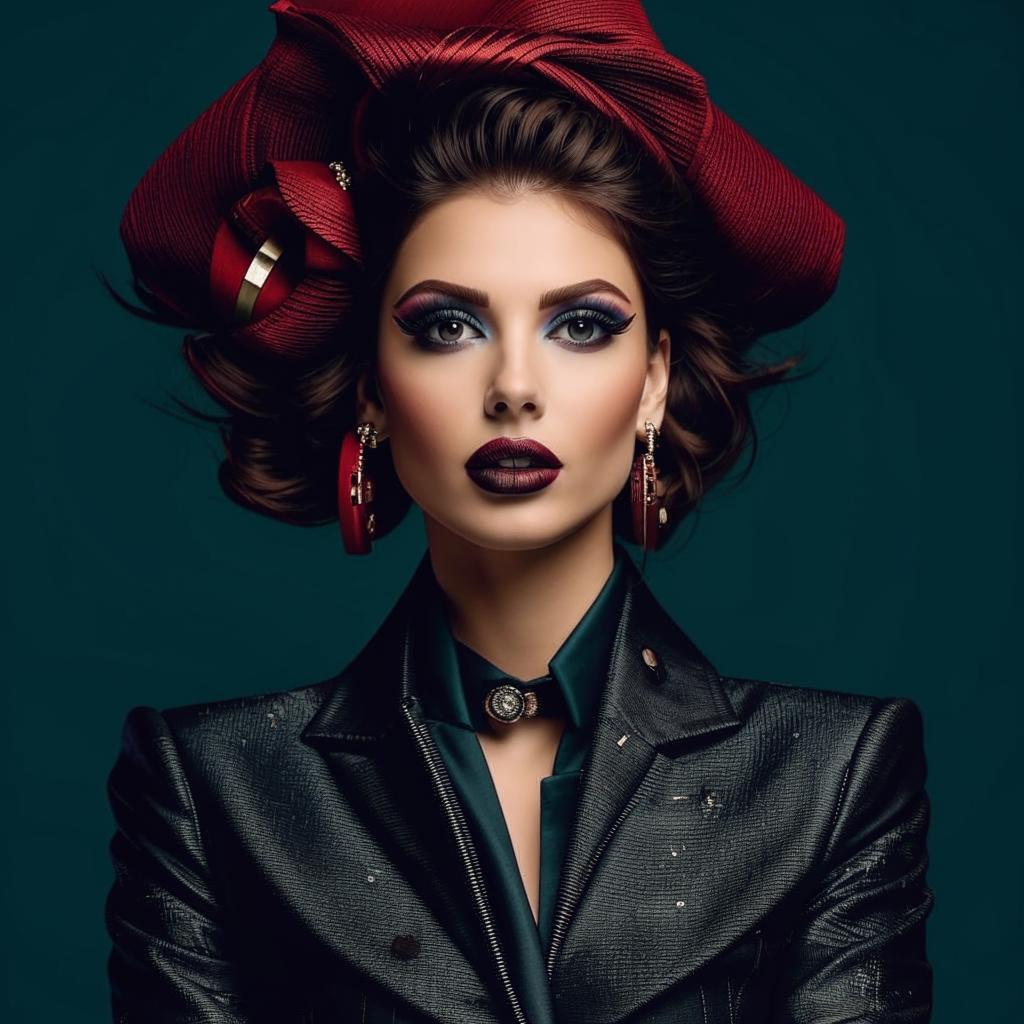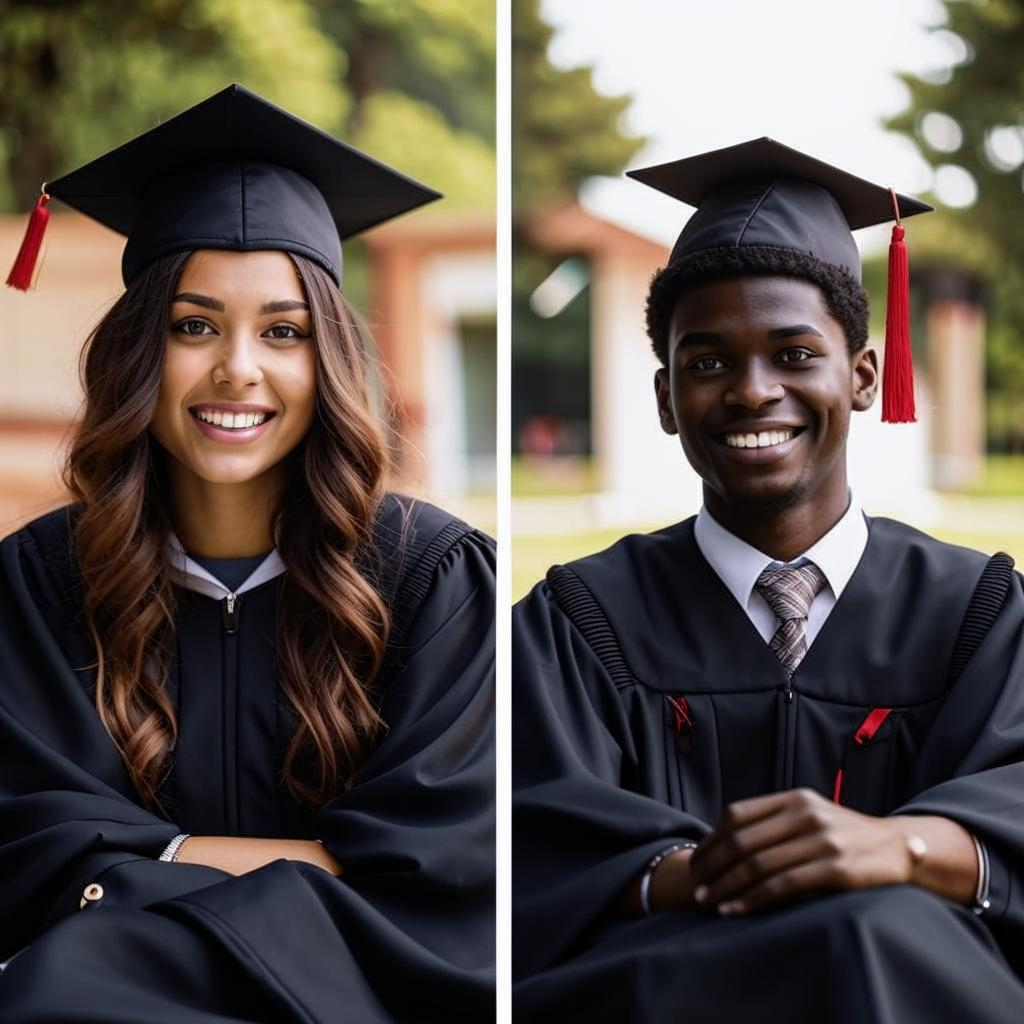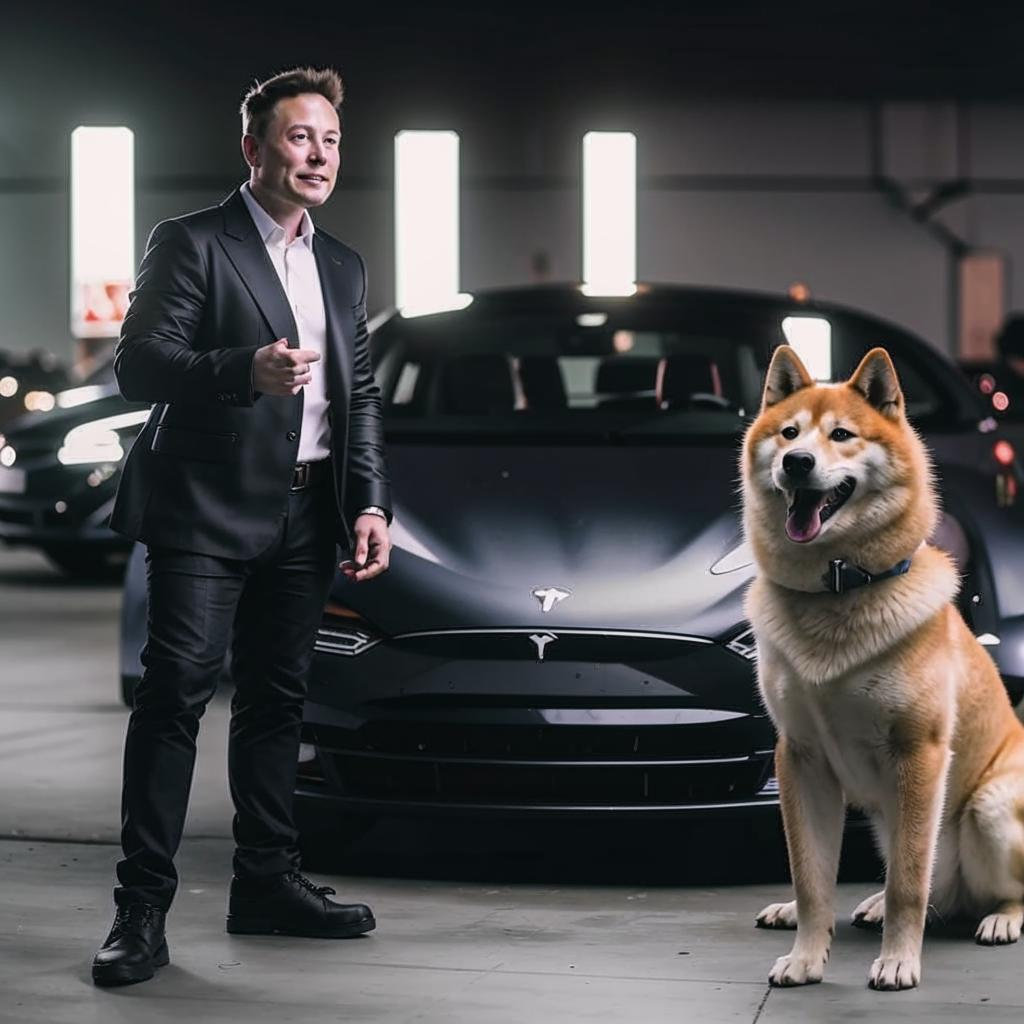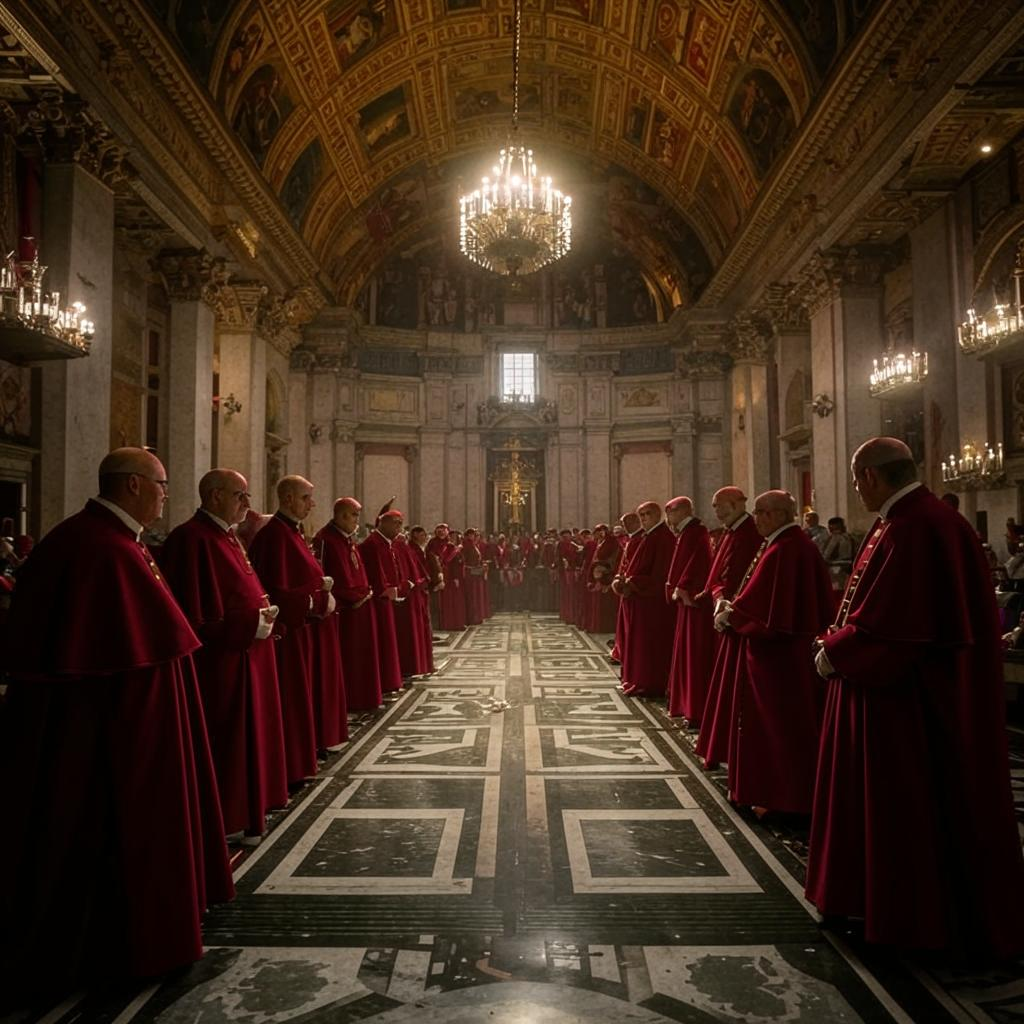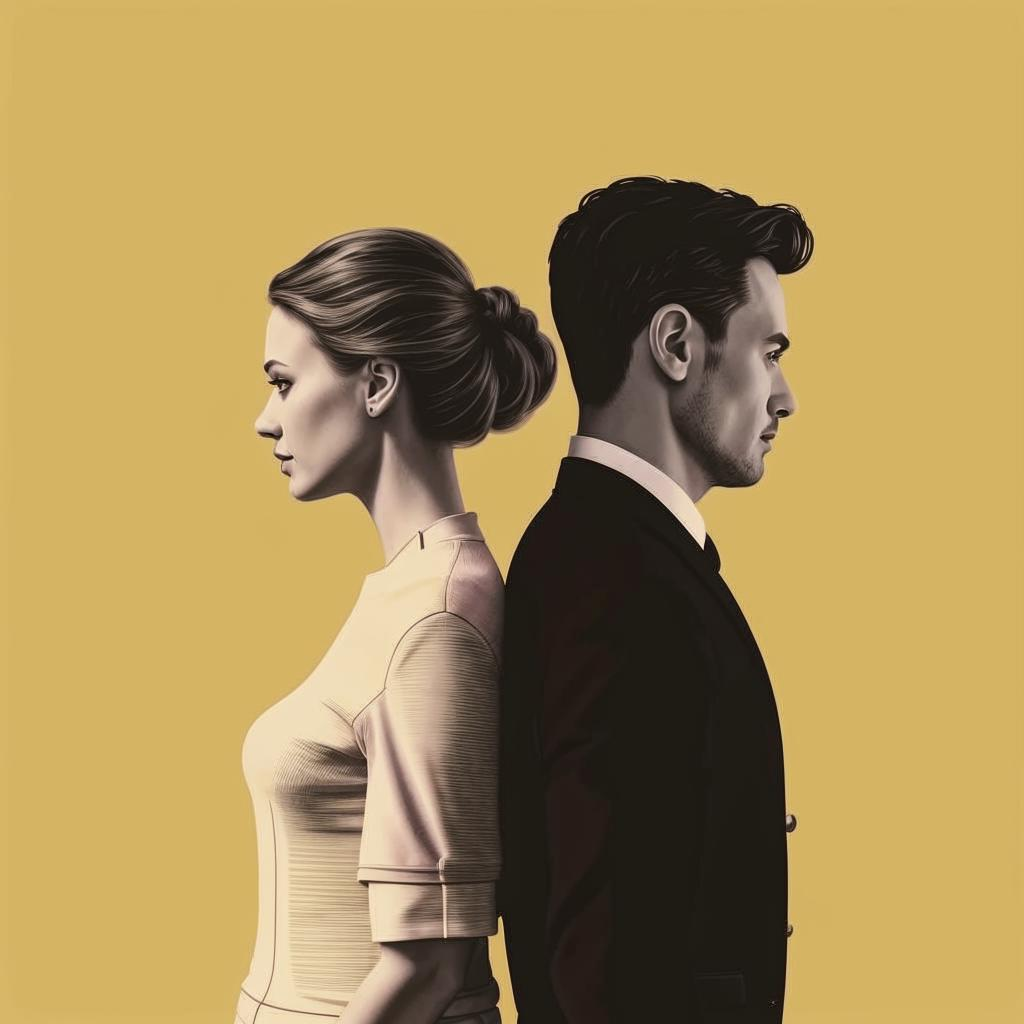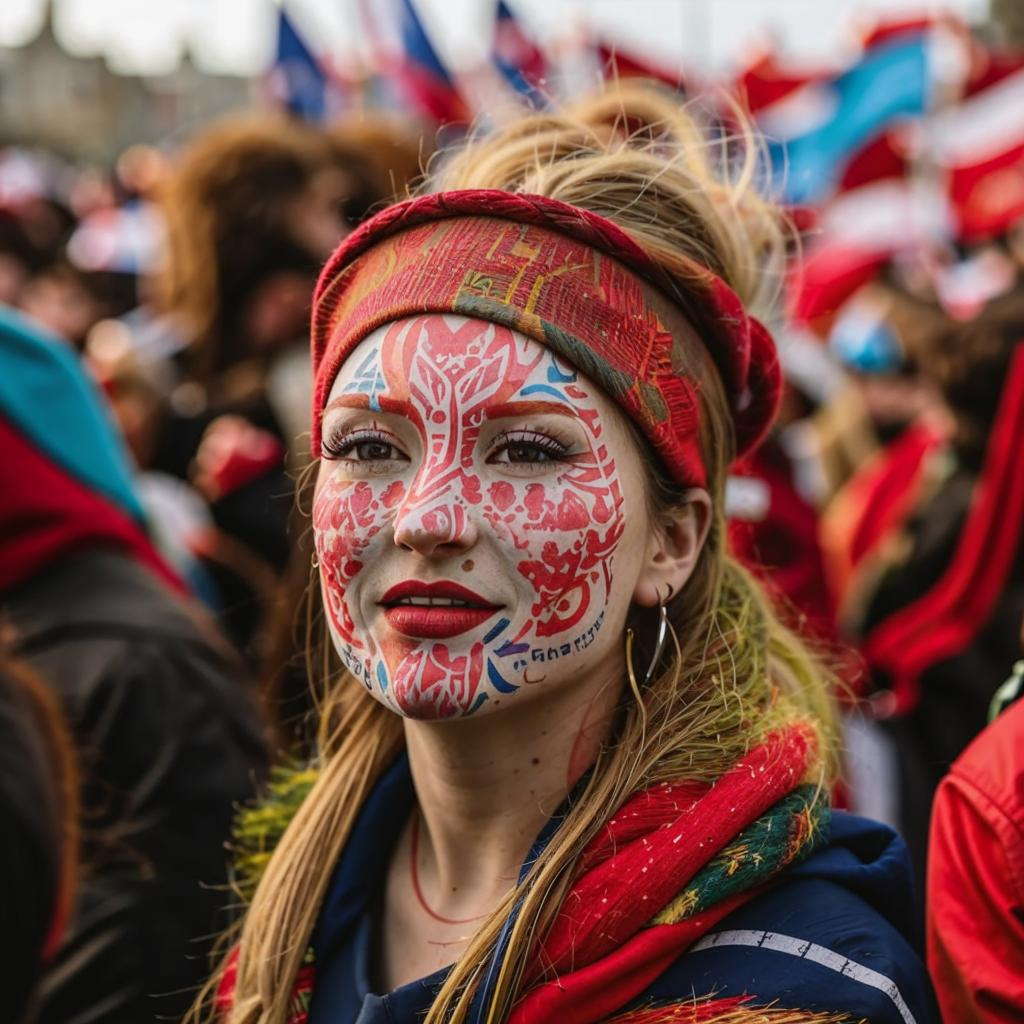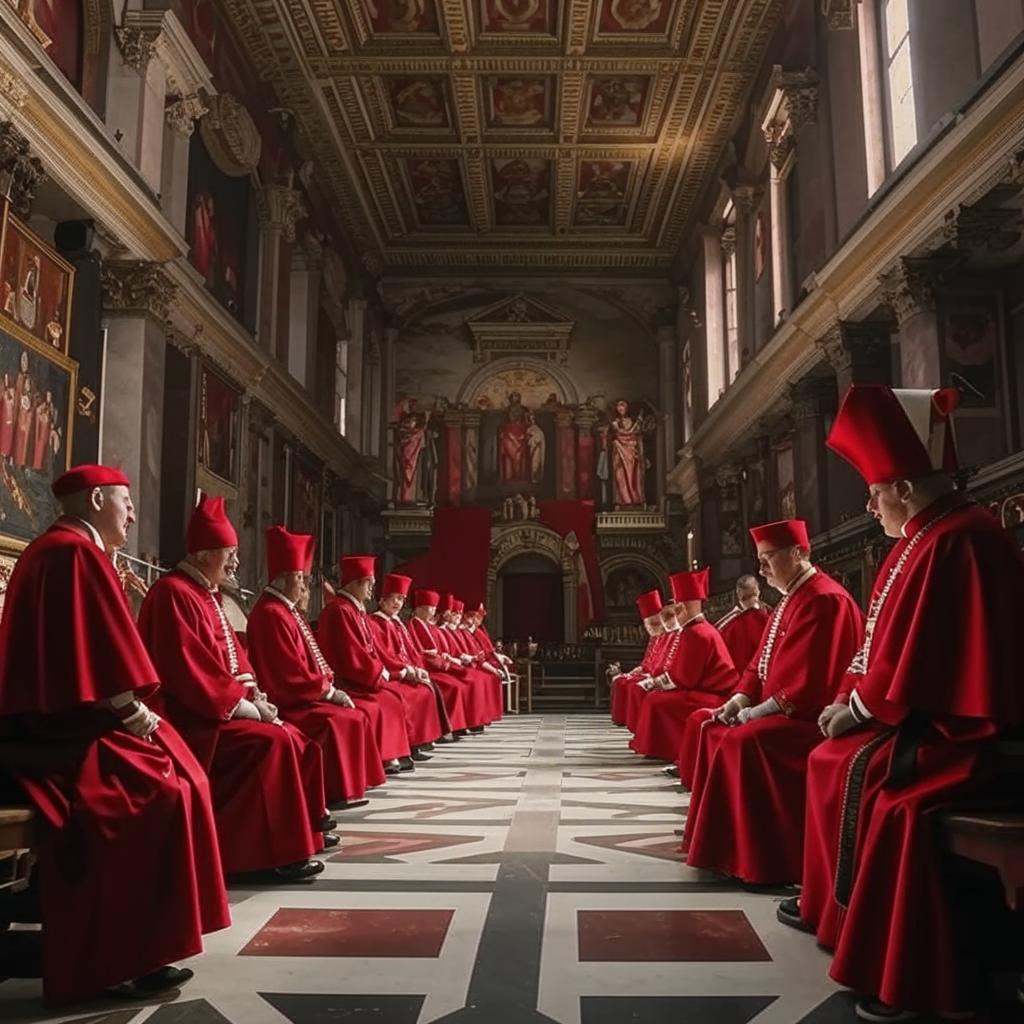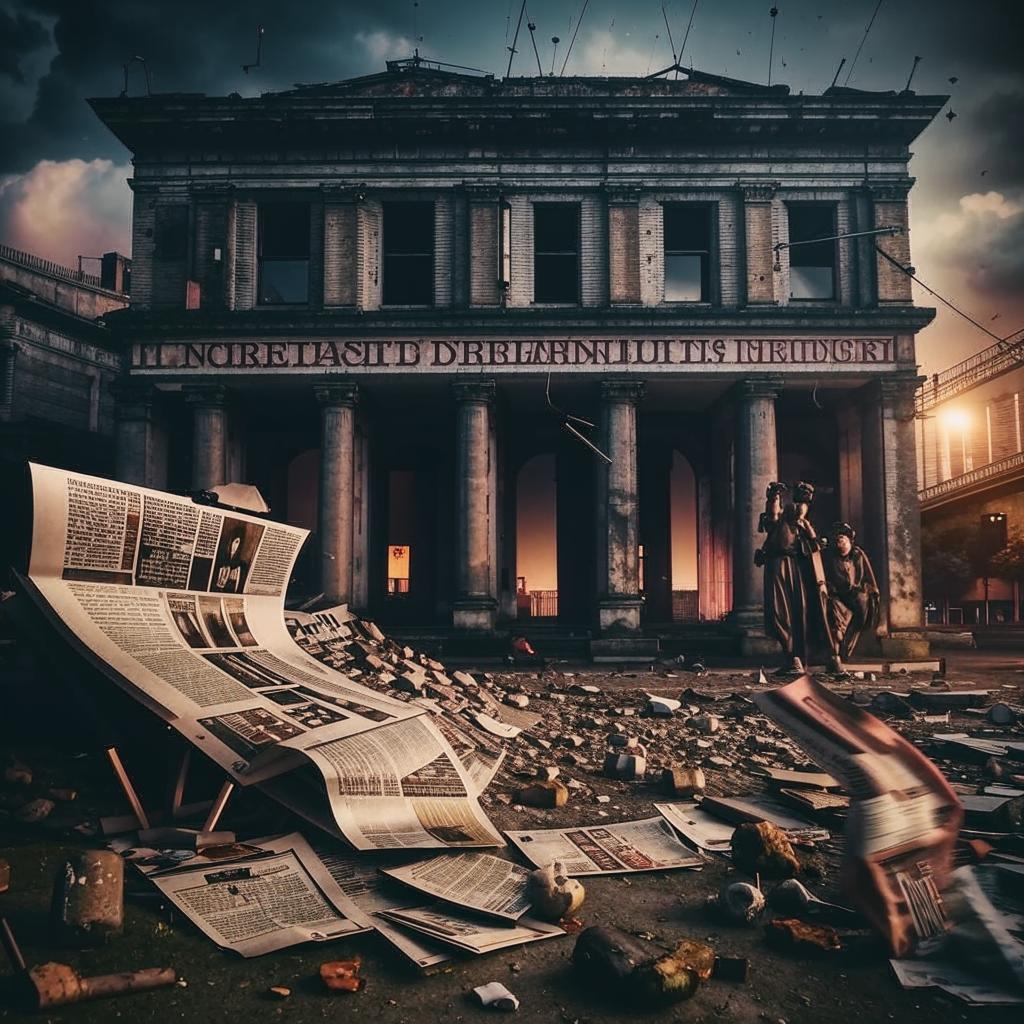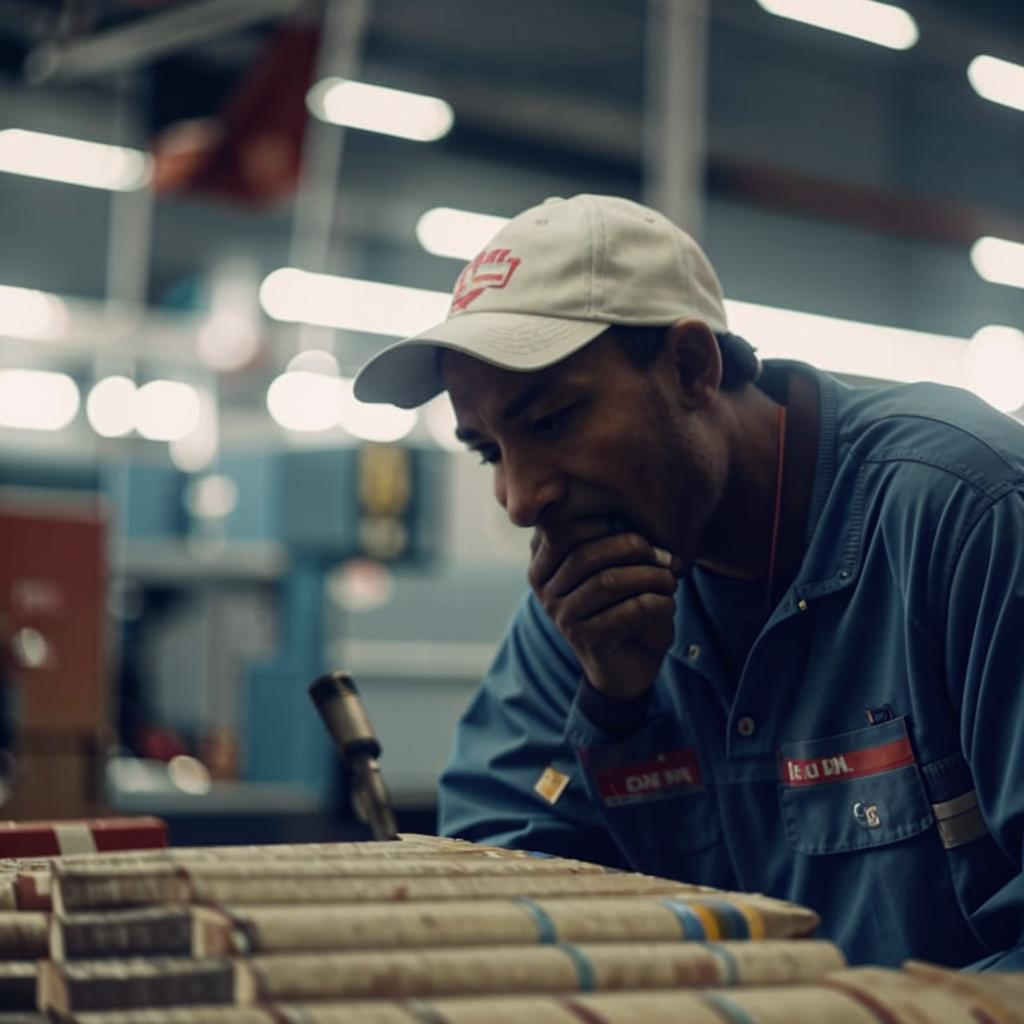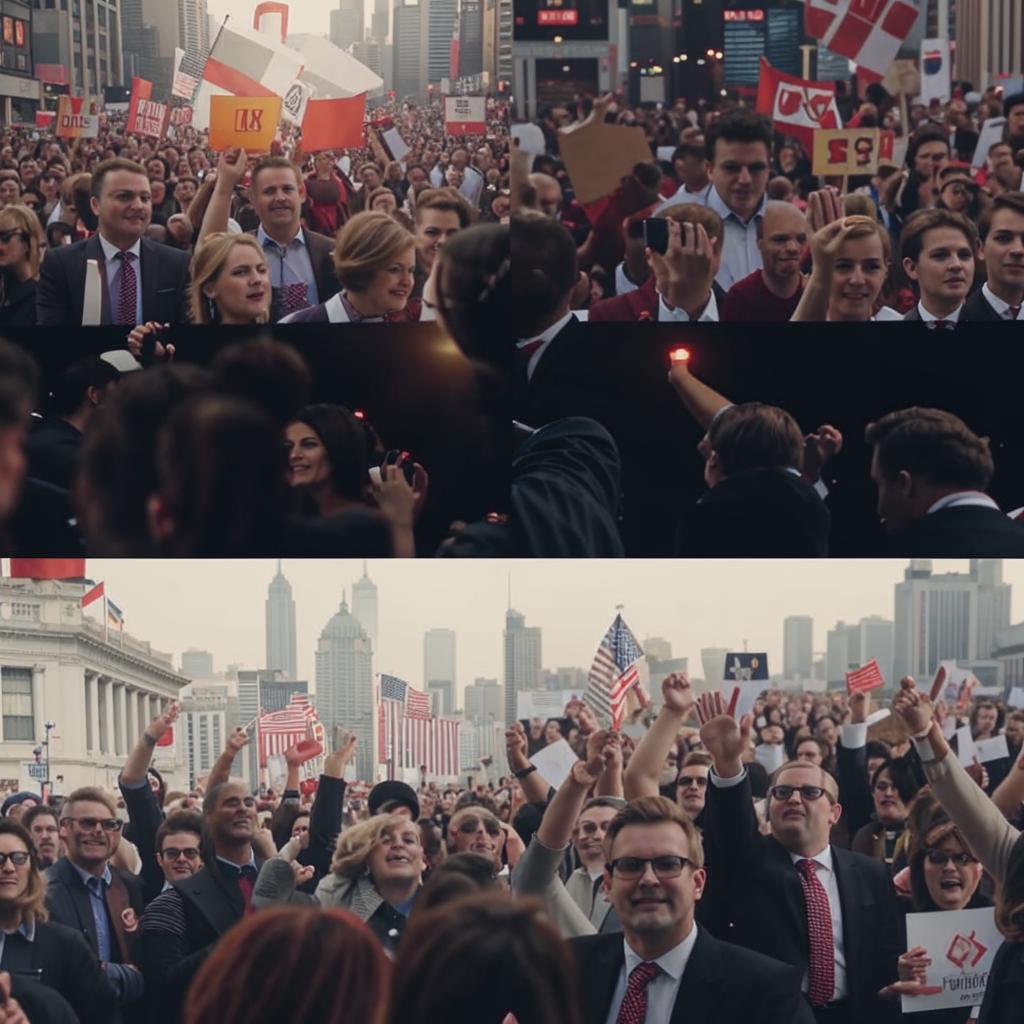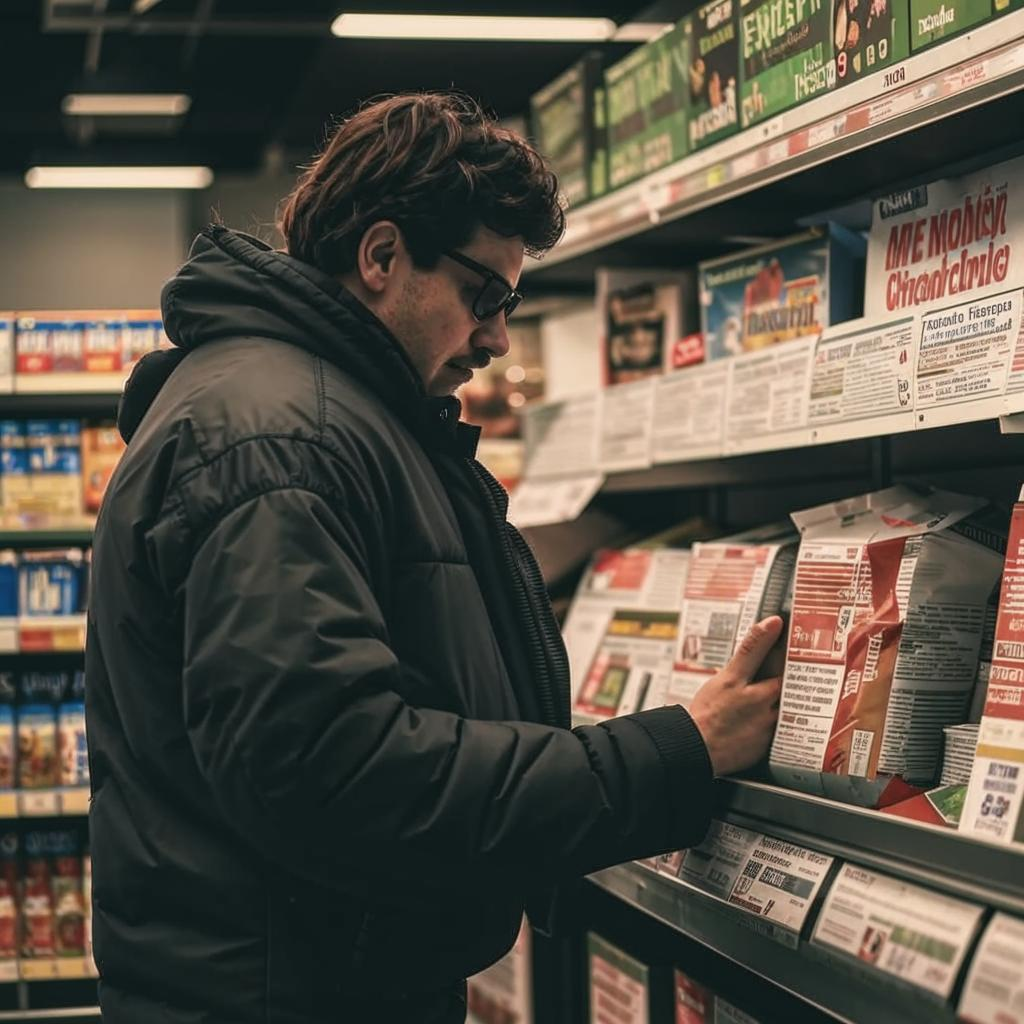Vatican City pre-conclave meetings expose deep divisions among Cardinals as they prepare to elect the next Pope. The central question looming over the proceedings: will the new pontiff continue the progressive reforms of Pope Francis, or steer the Church in a more conservative direction?
Cardinals from around the world have gathered in Rome for prayer and discussions before the secret ballot. These “general congregations” offer a crucial opportunity for the electors to assess each other, debate key issues facing the Church, and identify potential candidates.
The legacy of Pope Francis, known for his emphasis on social justice, environmental protection, and outreach to marginalized communities, has stirred both enthusiasm and resistance within the Church. Some Cardinals believe his reforms are essential to keeping the Church relevant in the 21st century, while others fear they have gone too far, undermining traditional doctrines and practices.
Key areas of disagreement include the Church’s approach to issues such as same-sex relationships, divorced and remarried Catholics, and the role of women. The next Pope will also face challenges related to declining Church attendance in the West, the ongoing clergy abuse crisis, and the need to address poverty and inequality globally.
Several potential candidates have emerged, each representing a different vision for the future of the Church. The conclave is expected to be closely contested, with no clear frontrunner. The process, shrouded in secrecy, could take several days or even weeks before a new Pope is chosen and announced to the world. Finishtit
